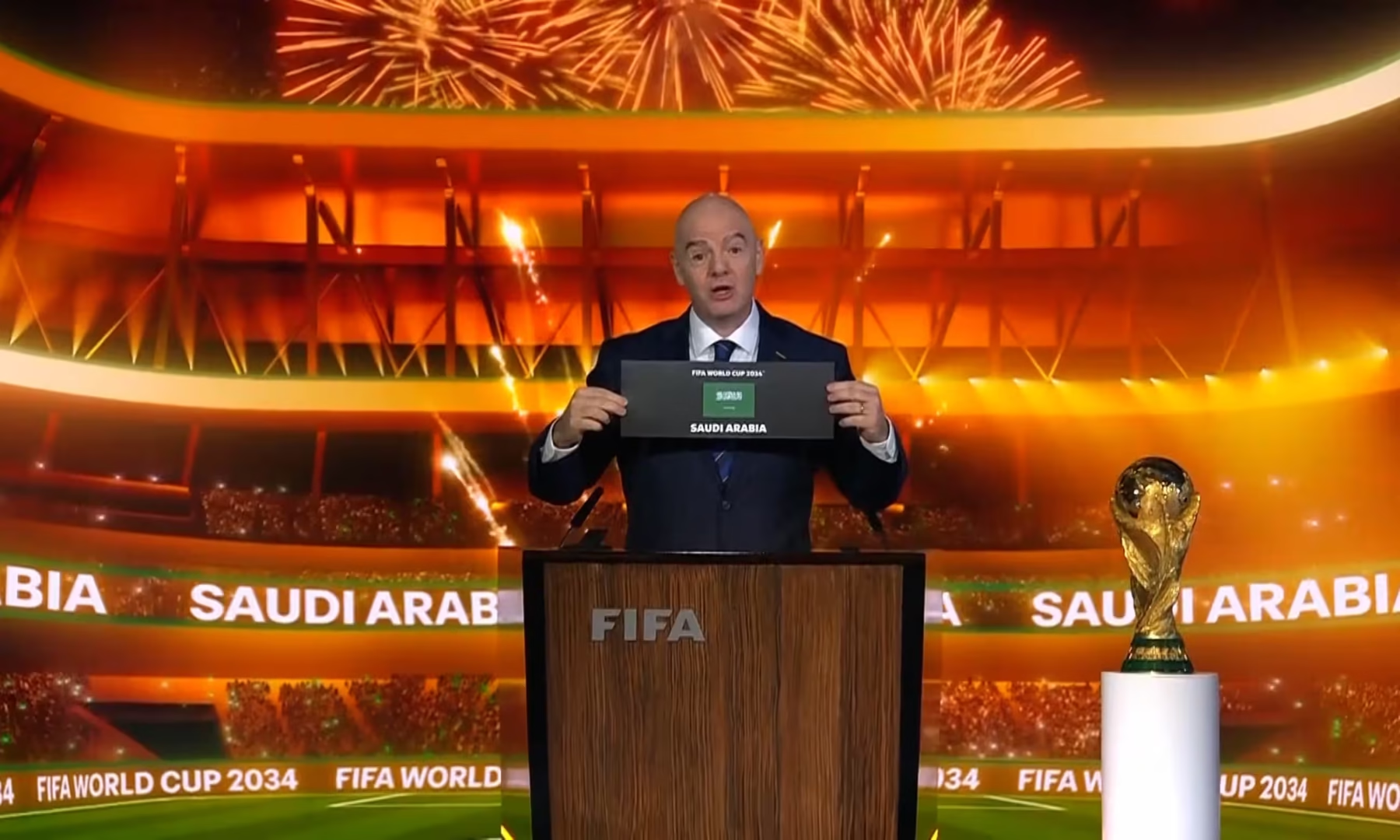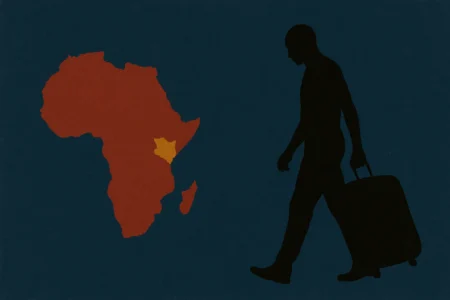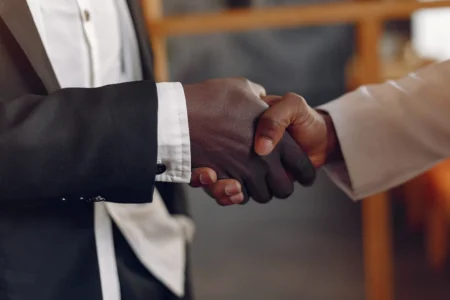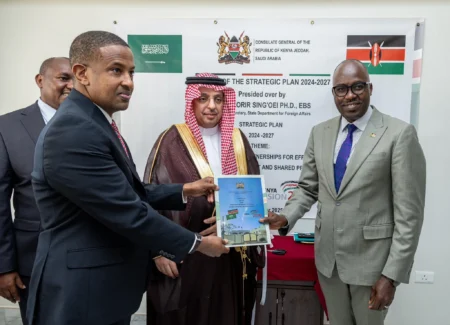RIYADH, SAUDI ARABIA — Saudi Arabia has confirmed that its current ban on alcohol will remain in place during the 2034 FIFA World Cup, which the country will host.
The announcement came from Khalid bin Bandar Al Saud, the Saudi ambassador to the United Kingdom.
FIFA officially awarded Saudi Arabia the hosting rights for the 2034 World Cup in December. While alcohol consumption is prohibited for observant Muslims in Saudi Arabia, limited alcohol sales were permitted in designated fan zones and some hotels during the 2022 World Cup in Qatar, where public drinking is also illegal.
“Plenty of fun can be had without alcohol – it’s not 100 per cent necessary and if you want to drink after you leave, you’re welcome to, but at the moment we don’t have alcohol,” Khalid bin Bandar said on Wednesday.
“Rather like our weather, it’s a dry country. Everyone has their own culture. We’re happy to accommodate people within the boundaries of our culture but we don’t want to change our culture for someone else.”
Last year, Saudi Arabia announced the opening of an alcohol shop in the Diplomatic Quarter of Riyadh to combat the black market and illegal imports.
This store is exclusively for non-Muslim diplomats, who must present diplomatic identification before making a purchase.
Sportswashing allegations
The kingdom has significantly increased its investments in sports in recent years. The Public Investment Fund (PIF), a sovereign wealth fund, has acquired Premier League club Newcastle United and founded the LIV Golf tour, posing a direct challenge to the dominance of the US-based PGA Tour.
Asked if gay soccer fans would be able to safely attend the tournament, the ambassador replied: “We will welcome everyone in Saudi. It is not a Saudi event, it is a world event. And to a large extent, we will welcome everyone who wants to come.”
In September, Hammad Albalawi, head of Saudi Arabia’s World Cup bid unit, assured that LGBTQ+ fans would be welcome and their privacy respected, citing the millions of fans who had travelled to Saudi for sporting events in recent years.
However, it’s important to note that there are no publicly recognized LGBTQ+ advocacy groups in Saudi Arabia. While state law is not codified, Amnesty International has documented cases where individuals have faced severe penalties, including the death penalty, for engaging in same-sex sexual acts.
Migrant worker concerns
Saudi Arabia’s bid book pledged to deliver 15 new or refurbished stadiums by 2032. These construction projects are expected to rely heavily on migrant labor.
Amnesty International and the Sport & Rights Alliance (SRA) raised concerns in November, stating that hosting the tournament in Saudi Arabia could lead to “severe and widespread” human rights violations, particularly concerning the treatment of migrant workers involved in construction projects.
“Fans will face discrimination… migrant workers will face exploitation, and many will die,” Steve Cockburn, Amnesty’s head of labour rights and sport, said.
Saudi Arabia has faced criticism regarding its labor practices. The country prohibits labor unions and operates under the “kafala” system, a sponsorship-based system where foreign workers are tied to their employers.
This system has been linked to concerns about potential exploitation and human rights abuses, including restrictions on freedom of movement and limited worker protections.
The Saudi Arabian government has denied accusations of human rights abuses and maintains that its laws are necessary to protect national security.







